Computing
-
 Brain
BrainWhen smartphones go to school
Students who use smartphones and other mobile technology in class may well be driven to distraction. And that can hurt grades, studies show.
-
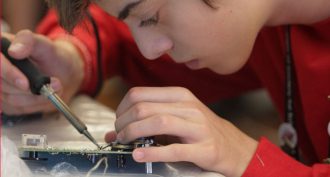 Computing
ComputingRadios: Build your own!
Building AM radios let young researchers from across the globe tune into electronics and engineering.
-
 Computing
ComputingThese young scientists are passionate about tech and math
The 2015 Broadcom MASTERS International delegates show why math and computer skills are key to the success of science-fair projects.
-
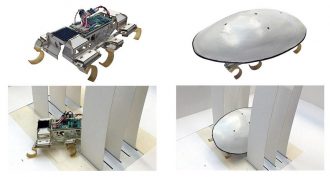 Tech
TechRobo-roach squeezes through tight spaces
An arched shell helps a new cockroach-inspired robot move through an obstacle course with relative ease.
By Meghan Rosen -
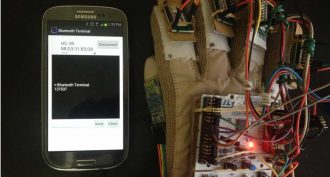 Computing
ComputingComputing: Swapping a glove for the keyboard
Sensor-studded gloves, designed by a Texas teen, might someday serve as a virtual keyboard or musical instrument — or even help interpret sign language.
By Sid Perkins -
 Brain
BrainHands-free but still distracted
When people aren’t distracted, they can see a traffic light change very quickly. But a teen scientist now shows that texting — even with a hands-free device — gets dangerously slow.
-
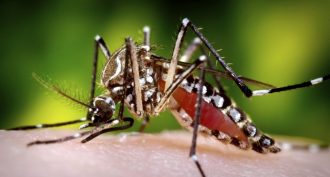 Animals
AnimalsWhat’s the buzz? A new mosquito lure
Broadcasting a fake buzz can lure male Aedes aegypti mosquitoes away from females. That could reduce populations of these annoying — and disease-causing — insects, reports a teen at the 2015 Intel ISEF competition.
By Sid Perkins -
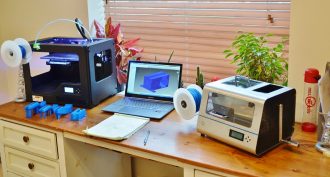 Computing
Computing3-D Recycling: Grind, melt, print!
A new 2-in-1 desktop machine quickly recycles plastic trash into low-cost 3-D printer ‘ink’ at the push of a button.
-
 Physics
PhysicsScience in Hollywood
Audiences are getting smarter, so the makers of movies, TV shows and video games are responding by enlisting scientists to make everything on screen appear even more authentic.
-
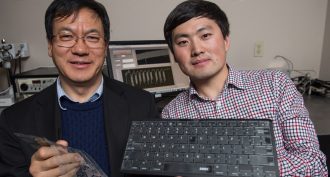 Computing
ComputingThis ‘smart’ self-cleaning keyboard is powered by you
A new electric keyboard locks out anybody but its owner. It’s not only self-cleaning but also powered by your fingertips.
-
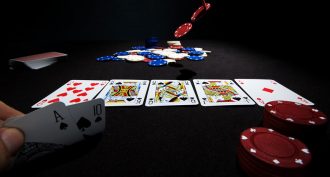 Computing
ComputingDon’t hold ’em – just fold ’em
Scientists have designed a problem-solving process that allows a computer to win at a kind of poker. It gives a computer enough knowledge to win against any opponent — eventually.
-
 Computing
ComputingVirtual wounds: Computers probe healing
To better understand how the body heals wounds, scientists have begun creating computer programs that let virtual cells fight it out. These ‘computer games’ could lead to better medicines.